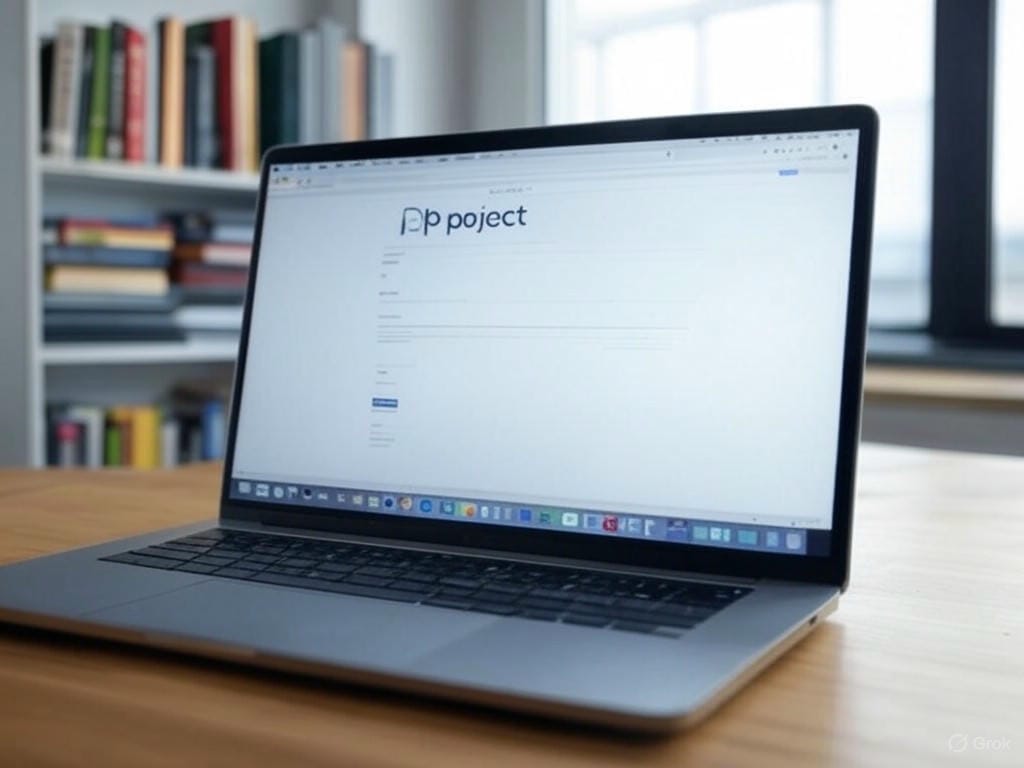Open Source Project Sponsorship Platforms: Fueling Innovation and Sustainability
Open source software (OSS) is the foundation of modern technology, driving advancements across industries from web development to artificial intelligence. From powerful frameworks and libraries to full-scale operating systems like Android, OSS powers countless applications used by millions globally. However, the developers and maintainers behind these projects often face significant financial challenges, struggling to sustain their work despite its widespread impact. This is where open source project sponsorship platforms come into play, offering a lifeline by providing structured and consistent funding. These platforms bridge the gap between passionate creators and the resources they need to innovate, ensuring the longevity and quality of open source projects.
In this comprehensive guide, we’ll explore the transformative role of sponsorship platforms in empowering open source innovation. We’ll dive into their historical evolution, key features, real-world applications, challenges, and future trends. Whether you’re a developer seeking support or a company looking to contribute to the OSS ecosystem, this article will provide valuable insights into how these platforms are shaping the future of technology.
The Evolution of Open Source Funding
In the early days of open source, projects largely relied on the goodwill of communities and sporadic donations from individual enthusiasts. Developers contributed their time and expertise out of passion, often balancing their OSS work with full-time jobs. While this model fostered a sense of community, it was far from sustainable, especially as open source software became integral to critical infrastructure and enterprise systems. The need for a more reliable funding mechanism became apparent, leading to the rise of dedicated sponsorship platforms.
Today, platforms like GitHub Sponsors, Open Collective, and Patreon have revolutionized how open source projects are funded. These platforms provide digital spaces where individuals and organizations can offer recurring or one-time contributions. This structured approach not only ensures financial stability for developers but also fosters transparency and accountability, as sponsors can see exactly how their contributions are utilized.
Key Features of Sponsorship Platforms
Open source sponsorship platforms are designed to create a seamless connection between developers and sponsors. Some of their standout features include:
- Flexible Contribution Models: Sponsors can choose between one-time donations or recurring subscriptions, catering to different levels of commitment.
- Transparency Tools: Platforms like Open Collective provide detailed breakdowns of how funds are spent, building trust within the community.
- Community Engagement: Many platforms integrate features that allow sponsors to interact with developers, fostering collaboration and a sense of shared purpose.
- Customizable Sponsorship Tiers: Developers can create tiered sponsorship levels with unique perks, incentivizing higher contributions through recognition or exclusive benefits.
These features empower developers to focus on innovation rather than financial survival, while sponsors gain visibility and the satisfaction of supporting impactful projects.
Practical Applications and Benefits
Sponsorship platforms have a wide range of applications, benefiting individual developers, small teams, and even large-scale projects. For instance, a solo developer maintaining a widely-used library can use GitHub Sponsors to cover hosting costs or dedicate more time to updates and bug fixes. Similarly, collaborative projects can leverage Open Collective to fund community events, documentation, or infrastructure improvements.
Beyond individual projects, companies also play a crucial role by sponsoring open source initiatives that align with their business goals. Tech giants like Google and organizations like the R Consortium actively support OSS, recognizing its value in driving innovation. By contributing through sponsorship platforms, businesses not only give back to the community but also gain access to cutting-edge tools and a network of talented developers.
Challenges Facing Sponsorship Platforms
Despite their benefits, sponsorship platforms face several challenges. One major issue is the uneven distribution of funding—popular projects often receive disproportionate support, while smaller or niche initiatives struggle to attract sponsors. Additionally, maintaining a balance between community-driven values and financial incentives can be tricky, as over-commercialization risks alienating core contributors.
Another challenge is ensuring long-term sustainability. While platforms provide immediate financial relief, they must also encourage accountability and prevent dependency. Solutions like integrating blockchain for transparent transactions or using decentralized funding models are being explored to address these concerns.
The Future of Open Source Sponsorship
The future of open source sponsorship platforms looks promising, with emerging technologies poised to enhance their capabilities. Innovations like NFTs and decentralized finance (DeFi) are being integrated to create new funding avenues, while global outreach efforts are expanding access to regional communities. Platforms are also focusing on improving user experience, making it easier for sponsors to discover projects and for developers to showcase their work.
Moreover, there’s a growing emphasis on fostering collaboration and accountability. By merging direct financial support with community engagement, platforms are setting new standards for sustainability in the open source ecosystem. As these tools evolve, they will continue to empower developers to push the boundaries of innovation without the burden of financial uncertainty.
How to Get Involved
Whether you’re a developer or a potential sponsor, getting involved in the open source sponsorship ecosystem is easier than ever. Developers can join platforms like GitHub Sponsors by creating a profile, setting up sponsorship tiers, and promoting their work to attract backers. Sponsors, on the other hand, can browse featured projects or connect directly with maintainers to discuss tailored sponsorship arrangements.
By participating, you contribute to a healthier, more sustainable open source community. Companies interested in broader impact can explore partnerships with organizations like the Open Source Initiative (OSI) or review sponsorship prospectuses to align their contributions with strategic goals.
Conclusion
Open source project sponsorship platforms are more than just funding tools—they are catalysts for innovation, collaboration, and sustainability. By providing developers with the resources they need to focus on quality and long-term growth, these platforms ensure that open source software remains a driving force in technology. As challenges are addressed and new trends emerge, the role of sponsorship platforms will only grow, shaping a future where creativity and financial stability go hand in hand. Dive into this ecosystem today and be part of the movement that empowers the next generation of technological breakthroughs.

Leave a Reply